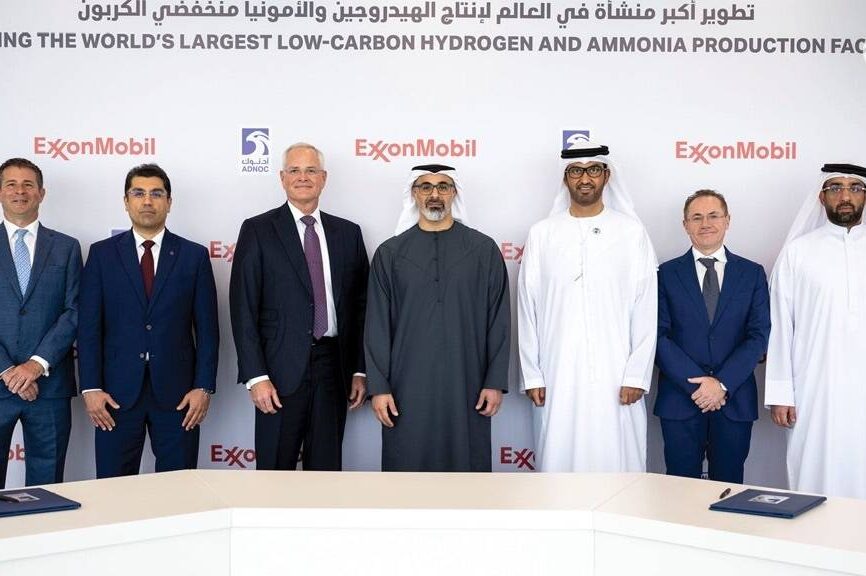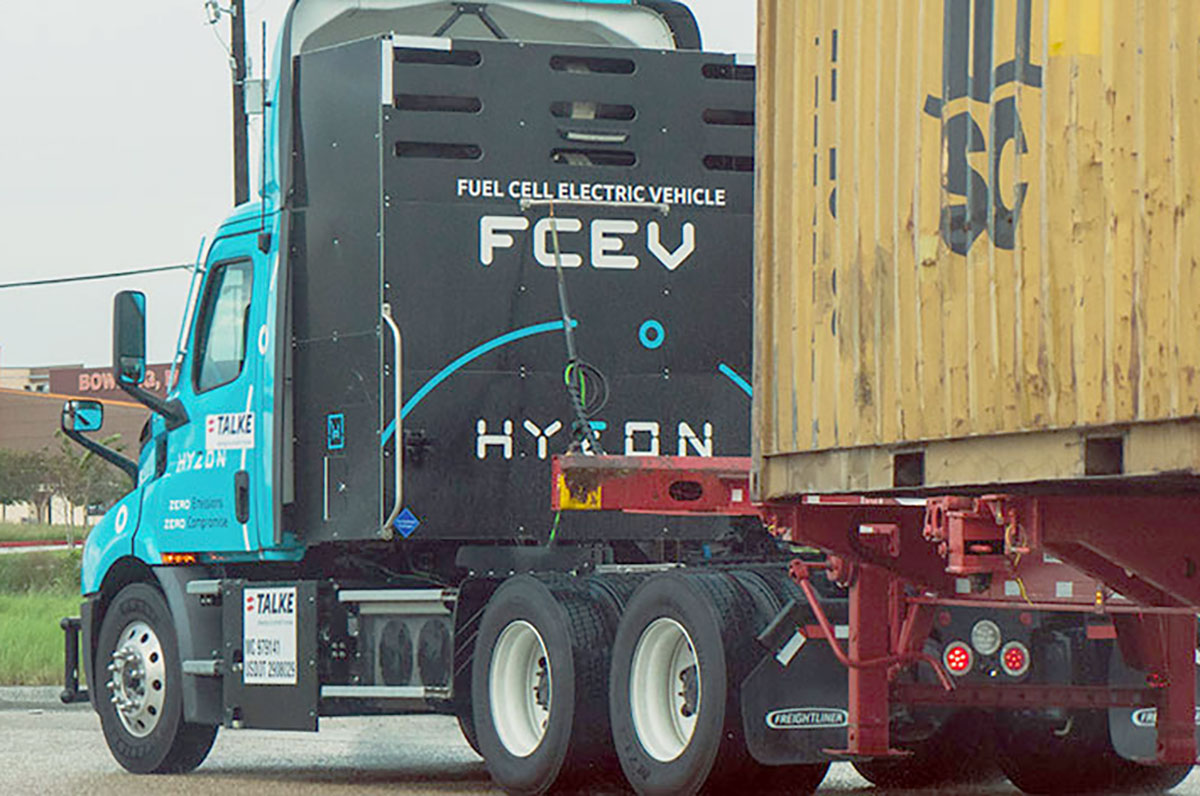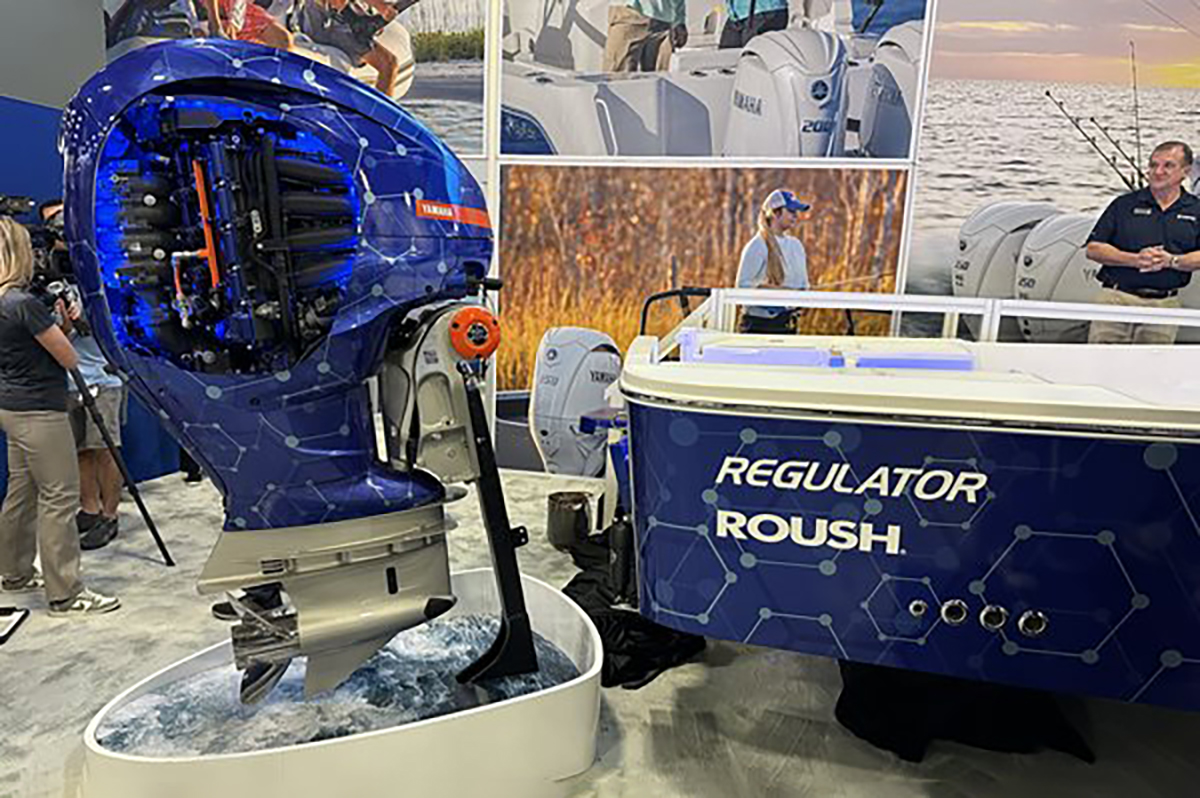Industrial Applications
Most of the hydrogen consumed in the United States today is used by industry for refining petroleum (hydrotreating), treating metals (Green Steel), producing fertilizer (ammonia) and other chemicals (methanol), and processing foods (hydrogenated foods). Biofuel producers also use hydrogen to produce hydrotreated vegetable oil (HVO) for use as renewable diesel. Hydrogen is also currently used as rocket fuel, and in fuel cells for electricity generation and powering vehicles. Hydrogen combustion for electric power generation and for space heating are potential uses of pure hydrogen or hydrogen-rich blends with natural gas.
How is Hydrogen Used Today?
Hydrogen can be used in steel production as a reducing in a process known as direct reduction of iron (DRI). Hydrogen reduces iron pellets into sponge iron, which can then be processed to form steel. Hydrogen can also replace fossil fuels in the manufacture of iron pellets and carbon purification process.
Hydrogen can be used to produce fertilizer through the Haber-Bosch process, which combines atmospheric nitrogen with hydrogen gas to form ammonia. Ammonia can be used directly as a fertilizer or converted in the solid Ammonium salts.
Hydrogen can be used in annealing processes, glass manufacturing, cement kilns, other kiln processes, glazing processes, sintering of ceramics, sintering of metal powders, and welding. Finally, hydrogen can be used in the manufacturing of semiconductors to clean surfaces, control crystal quality for epitaxial
growth, to anneal materials, to etch surface, and to reduce oxides.
Hydrogen has the highest energy content by weight. Hydrogen has a higher combustion temperature and produces water as its only by-product. Hydrogen burns cleaner, so industries switching to hydrogen can reduce emissions of CO2 and particulates.
News
Khaled bin Mohamed bin Zayed Witnesses Signing Ceremony for ADNOC and ExxonMobil Partnering in World’s Largest Low-Carbon Hydrogen Facility
Texas Funds First Hydrogen Trucks under New Program
Yamaha Develops Hydrogen Fuel System with Roush and Regulator Marine, Hydrogen Outboard Unveiled at Miami International Boat Show
FuelCell Energy and Toyota Announce Completion of World’s First “Tri-gen” Production System
Liquid organic hydrogen carriers will dominate hydrogen transport method. Hydrogen is bound to be limited to local production and consumption.
Transportation fuel will be the main driver and leading application for hydrogen. Hydrocarbon production, processing, and refining will catalyze green hydrogen production.
Texas is already hydrogen friendly with two-thirds of the country’s hydrogen transport infrastructure. Additionally, the coastal geology of Texas is strategic for long-term storage of hydrogen and carbon. Using existing infrastructure will mitigate the economic hurdles of transition and encourage affordability. Texas already has existing production, transport, storage and end-use footprint coupled with a robust industrial sector that includes petroleum products, chemicals, and plastics. The Texas Gulf Coast is the nation’s largest regional port capacity. All of these factors make Texas prime for the Hydrogen transition.




